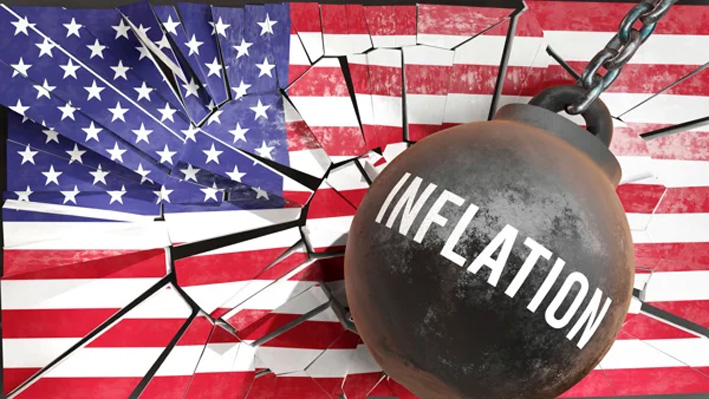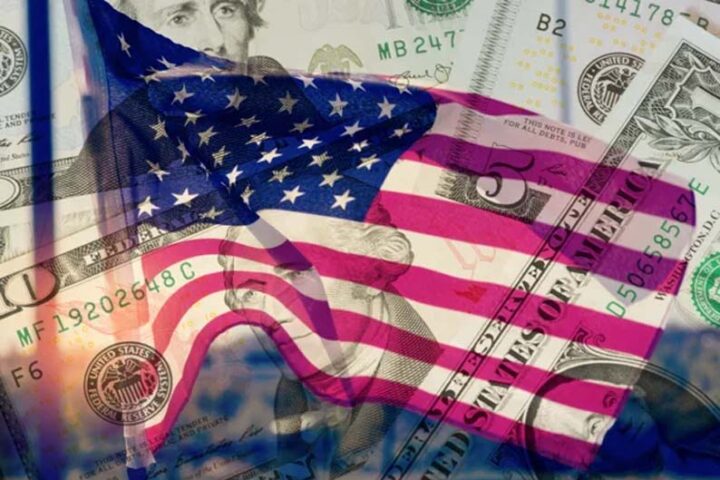By Mark Haefele, Global Wealth Management Chief Investment Officer, UBS AG
US inflation accelerated in August, with the consumer price index rising by 0.6% month over month – the fastest pace since June 2022. That followed two straight months of headline inflation at 0.2%. On an annual basis the rate of inflation picked up to 3.7% in August from 3.2% the month before.
Even the core rate of inflation, excluding food and energy, rose slightly on a monthly basis to 0.3% from 0.2% in each of the prior two months. The data underlines our view that the low-hanging fruit on inflation has probably already been plucked and the path back to the Federal Reserve’s 2% target may not be a straight one.
But much of the disappointing news in the data was more apparent than real. Overall, we still believe the US in on track for a softish landing, with moderating inflation permitting the Fed to stop rate hikes before tipping the US into a recession.
Trend toward moderating inflation remains intact
In year-over-year terms, core inflation slowed to 4.3% year on year, from 4.7% in the prior month, for a fifth consecutive monthly decline. This was also the slowest rate since September 2021.
On a headline basis, more than two-thirds of the annual rise was driven by shelter, which we can be confident will moderate given that recent figures on new rental agreements point to only minimal price increases.
Excluding shelter, the inflation rate was a subdued 1.9% year on year – in line with the Fed’s target. And while shelter prices were up 7.3% year on year, they rose only 0.3% month on month, the smallest increase since March 2021.
Labour market cooling, but not too abruptly
August payrolls also pointed toward a gradual rebalancing in the US labour market. The economy created 187,000 new jobs over the month, only a little higher than the consensus forecast for 170,000—with a downward revision of a cumulative 110,000 for the prior two months.
Monthly wage growth was also slower, and unemployment rose to 3.8%, versus expectations that it would remain steady near multi-decade lows of 3.5%. That was the final major jobs release ahead of the Fed’s decision and would be consistent with an end to rate rises, in our view.
Consumer spending on track to slow
Investors will be getting an update on the state of American consumers with August retail sales data, released on Wednesday, which followed an unexpectedly strong 0.7% monthly rise in July. The consensus forecast is for a moderation.
Overall, we expect consumer spending to weaken, since much of the excess savings accumulated during the pandemic has been spent by lower income households and savings rates remain well below historic norms and look likely to rise. With real wage growth still low, despite moderating inflation, the capacity of households to increase spending looks limited.
However, we still expect strong balance sheets among wealthier Americans to underpin spending to some degree. Fed data on Friday showed household net worth rising to a record high of USD 154 trillion for the second quarter, reflecting gains for homeowners and those with equity investments.
So, the latest data supports our view that the US economy is headed for a period of moderate growth, avoiding a recession over the coming 12 months.
That will support equities. However, uncertainty is likely to keep broad equity markets choppy and range bound. Against that backdrop we favour equity laggards, including more defensive sectors and emerging market stocks.










